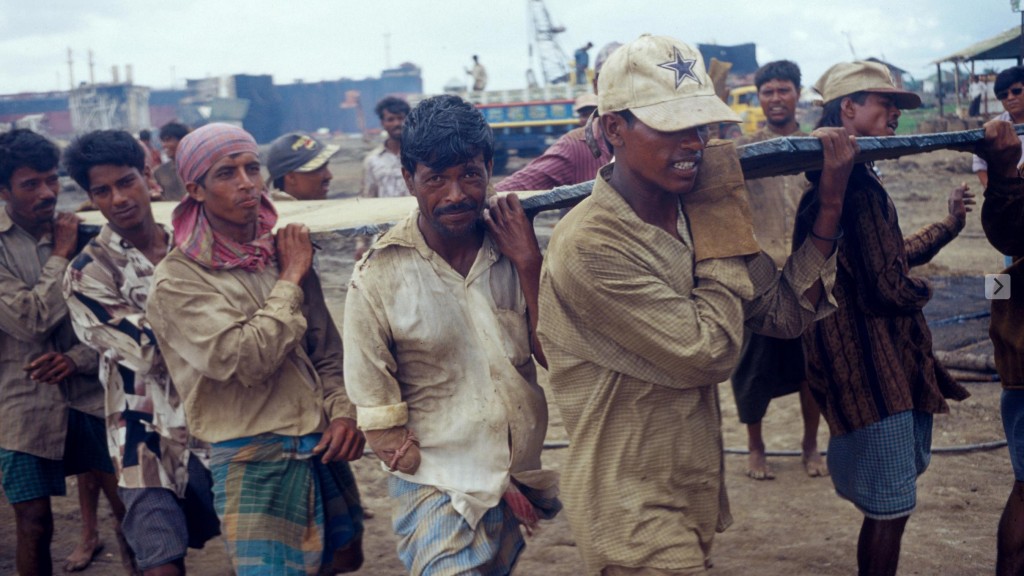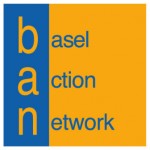Global ban on exporting hazardous waste to developing countries becomes law
Ratification by Croatia seals entry into force of Basel Ban Amendment

Croatia's 6th of September deposit of ratification of the 1995 Basel Ban Amendment has allowed this global waste dumping prohibition to finally enter into the force of international law. The Ban Amendment, adopted by the parties to the Basel Convention in 1995, prohibits, the export of hazardous wastes from member states of the European Union, Organization for Economic Cooperation and Development (OECD), and Liechtenstein to all other countries.
With Croatia's ratification, a total of 97 countries have now ratified the ban and most crucially the necessary 3/4 of the parties that were present and voting in 1995. The agreement will become a new Article in the Convention and will enter into force for the 97 countries after 90 days -- December 5th, 2019.
The many countries and organizations, including Denmark, Sri Lanka, Indonesia, Switzerland, Greenpeace and the Basel Action Network (BAN), that helped create the Basel Ban Amendment have much to celebrate today. The agreement, called for by European and developing countries, with the strong support from environmental and human rights groups in the early 1990s -- has been hailed as a landmark agreement for global environmental justice. And, in view of the recent spate of unwanted wastes exported from North American and European countries, currently ending up in Asia and Africa, the pact is considered as relevant today as it was 30 years ago.
"The most important idea ever conceived to promote environmental justice at the global level is now law," said Jim Puckett, who was worked to achieve and implement the ban for 30 years, and now directs the Basel Action Network (BAN) from Seattle. "We applaud Croatia and all of the 97 countries that have ratified the agreement to date and hope that all others will now do so at the earliest opportunity."
Still noticeably absent from the list of countries having ratified the ban are the United States, Canada, Japan, Australia, New Zealand, South Korea, Russia, India, Brazil, and Mexico. The US produces the most waste per-capita, but has failed to ratified the Basel Convention and has actively opposed the Ban Amendment. According to BAN, this lack of adherence to international waste trade rules has allowed unscrupulous US "recyclers" to export many hundreds of containers of hazardous electronic waste each week to developing countries for so-called recycling. This primitive recycling involves the burning, melting and chemically stripping electronic waste by desperate, unprotected workers in highly polluting operations. Also, of great concern today is the fact that the vast majority of shipping companies send their old ships, full of lead, hazardous asbestos, PCBs, and flammable gases and oils to be run up on beaches in South Asia where they create pollution, occupational disease and death due to fires and explosions.
"There can be no excuse for using the developing world as the dumping ground for the toxic effluent of the affluent," said Puckett. "With the Ban Amendment now a legal certainty, we hope the countries that have to date refused to ratify will do so and close the sad chapter of toxic colonialism done in the name of recycling."



